
OR
Pricey tarai hospitals beckon as facilities in hills are rudimentary
Published On: July 10, 2019 07:11 AM NPT By: GIRIRAJ BASKOTA and DAMAN RAI

PANCHTHAR, KHOTANG, July 10: People in the hill districts of Province 1 are compelled to go to expensive hospitals in the tarai for most of their medical needs as local facilities provide only basic medication.
Locals in remote districts complain that though party leaders tout the new constitution as an exemplary statute that includes medical care as a fundamental right, they are compelled to pay through their noses even for the most basic medical services.
“Every citizen shall have the right to free basic health services from the State, and no one shall be deprived of emergency health services,” reads the constitution. “Every person shall have the right to get information about his or her medical treatment. Every citizen shall have equal access to health services.”
But hospitals in hill districts lack specialist doctors, equipment, knowhow, medicines and other inputs. People are gradually losing faith in the district hospitals due to such shortcomings.
There is a provision in the constitution according to which district government hospitals need to provide 70 types of medicines free of cost and primary health centers and health posts should likewise provide 58 and 40 types of medicines respectively free of cost respectively. However, these facilities have failed to comply with this rule. In practice, the role of the district hospital is limited to referring patients to other hospitals.
“We have to descend to the tarai even for treating ordinary ailments. You can’t rely on the district government hospitals. Tarai-based private hospitals charge exorbitantly and people have to sell their property to meet the expenses,” said Prem Ojha, a civil society activist. “The poor remain bereft of medical care as the government has failed to ensure this basic right to its citizens.”
District hospitals in the eastern hill districts such as Panchthar, Taplejung, Ilam, Terhathum and Dhankuta provide only basic medical services. With the onset of the monsoon, people will face additional ailments that need immediate medication.
The 50-bed hospital in Ilam lacks enough specialist doctors. “There should be eight specialists at this hospital but I am the only one. Though I am here as chief of the hospital, I also provide medical treatment because I am a specialist doctor,” said Medical Superintendent Dr Pawan Jung Raymajhi of Ilam District Hospital. “This is a 50-bed hospital, but we haven’t been able to conduct any surgeries except general operations like delivery.”
People from Ilam, Panchthar, Taplejung and Terhathum Athrai area come to the hospital.
There are 15-bed hospitals in Taplejung and Terhathum as well as Dhankuta and Sankhuwasabha. People come here from the far-flung villages as they don’t get any treatment at local health posts. And when they don’t get treated at the district or zonal hospital, they go to the tarai hospitals.
Two pregnant women had to be airlifted for surgical delivery in recent months.
Information Officer Narayan Joshi at Panchthar District Hospital said they can provide only general treatment.
The hospital has six doctors including a dentist but when Dr Buddhi Bahadur Thapa, the medical superintendent, is out of the district, the others can’t conduct any surgical delivery.
District hospitals in Taplejung and Terhathum now depend on their medical officers for medication. Though these are 15-bed hospitals, they run 30 beds to cope with the pressure of patients. Acting Chief Medical Officer Dr Sonim Lama of Taplejung Hospital said the hospital provides only the basics.
In Dhankuta, the post of medical superintendent has remained vacant for one year. Former chairman of the hospital development committee Sunil Kumar Dangol said they have now halted all operations except delivery.
The situation in Sankhuwasabha is no different.
People from these hills who can afford it go to bordering towns in India such as Siliguri in search of better treatment.
Acting Medical Superintendent Dr Nabin Devkota at District Hospital Khotang said that it was around 30 years ago that 30 posts including a medical superintendent and two medical officers were created for the hospital. “That was then. But given the increase in population and other new challenges, these posts should have been increased and other requirements also addressed,” he said.
The Supreme Court has ordered government hospitals to run pharmacies within their premises, but no personnel have been lined up to run such pharmacies.
Health workers said the situation in other hill districts is the same.
Rumjatar-based Okhaldhunga District Hospital which was established 11 years ago has been allocated 25 posts. But these were never filled, said Dr Mukunda Yadav. The hospital doesn’t have an operation theater and pregnant women need to be rushed to the Community Mission Hospital or to other districts in emergencies. And there is no ambulance since the last 10 years.
In Solukhumbu, Dr Mingmar Chhiring Sherpa is working as medical superintendent. When he has to leave the district on some other work, the surgeries remain suspended.
“Even the weather doesn’t always help when critical patients have to be airlifted out,” said Dr Mahima Pant.
Some people charter helicopters, but the poor people have to lose their lives.
You May Like This

Same medical equipment but price gap of Rs 50m for 2 hospitals
KATHMANDU, July 12: Medical equipment supply to hospitals by some contractors shows how irregularities are perpetrated by government officials and... Read More...

Private hospitals start providing free medical services to 10 pc patients
KATHMANDU, Dec 17: Private health institutions across the nation started providing free of cost health services to 10 percent of... Read More...
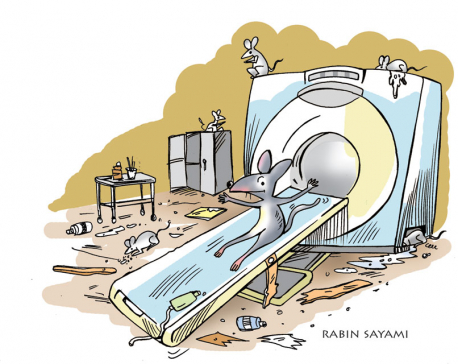
Medical equipment worth billions dumped by govt hospitals
KATHMANDU, Dec 8 : Medical equipment worth billions of rupees is dumped in the stores of Nepal's top government hospitals when... Read More...

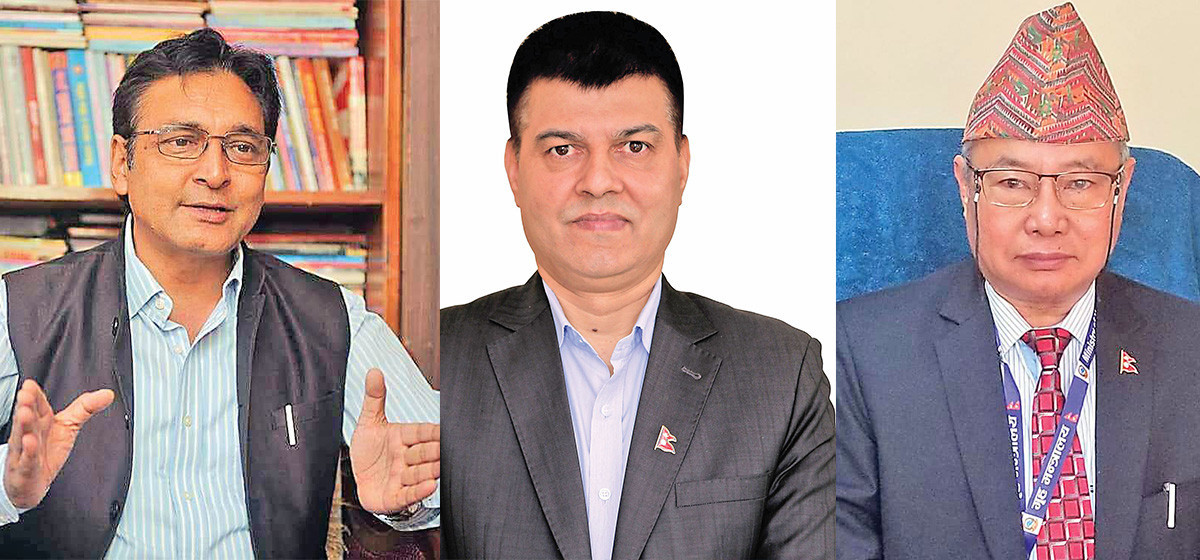
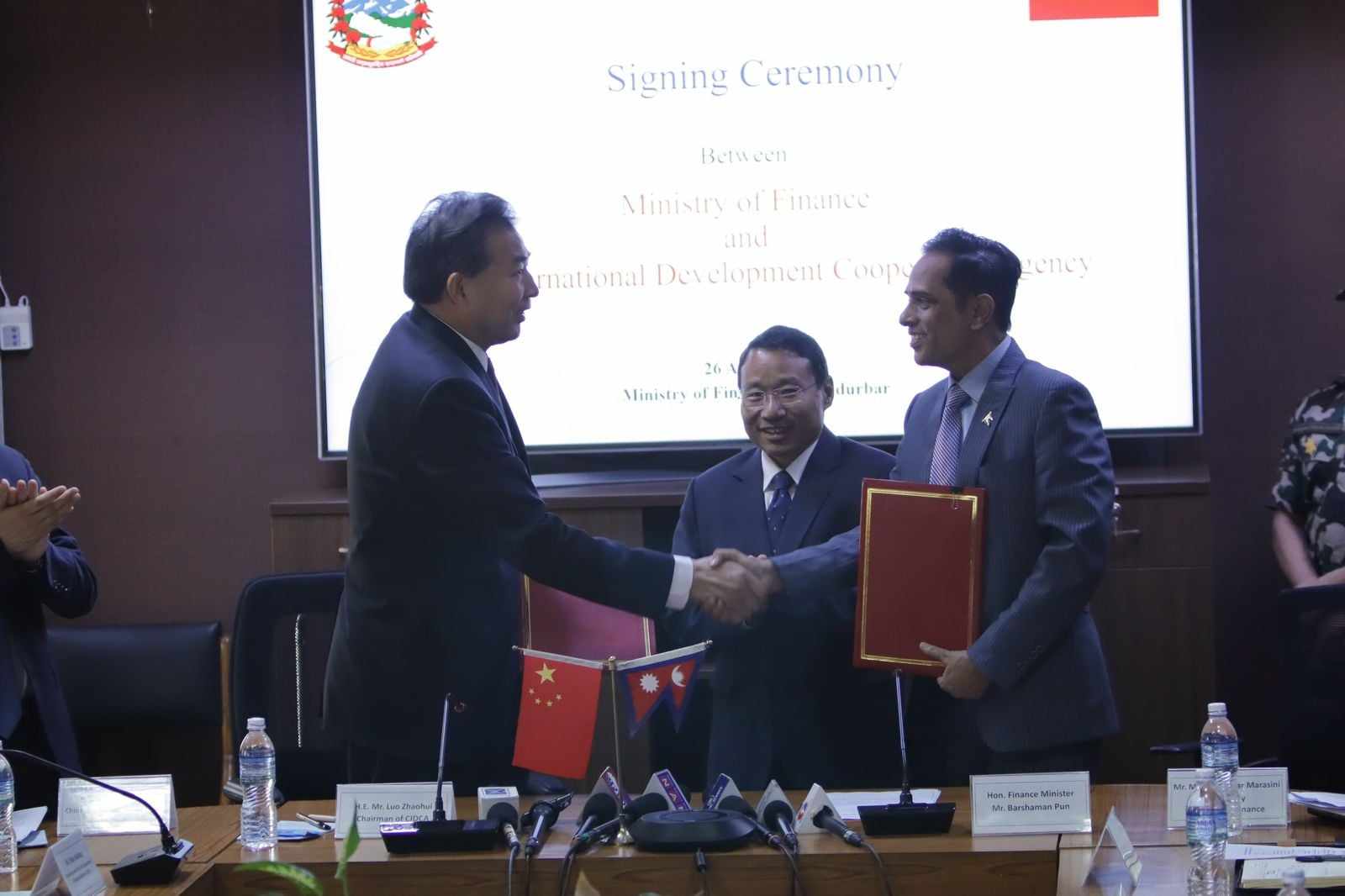
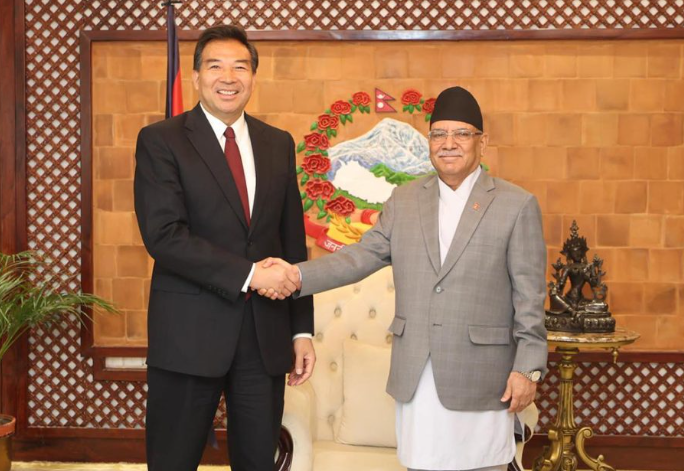

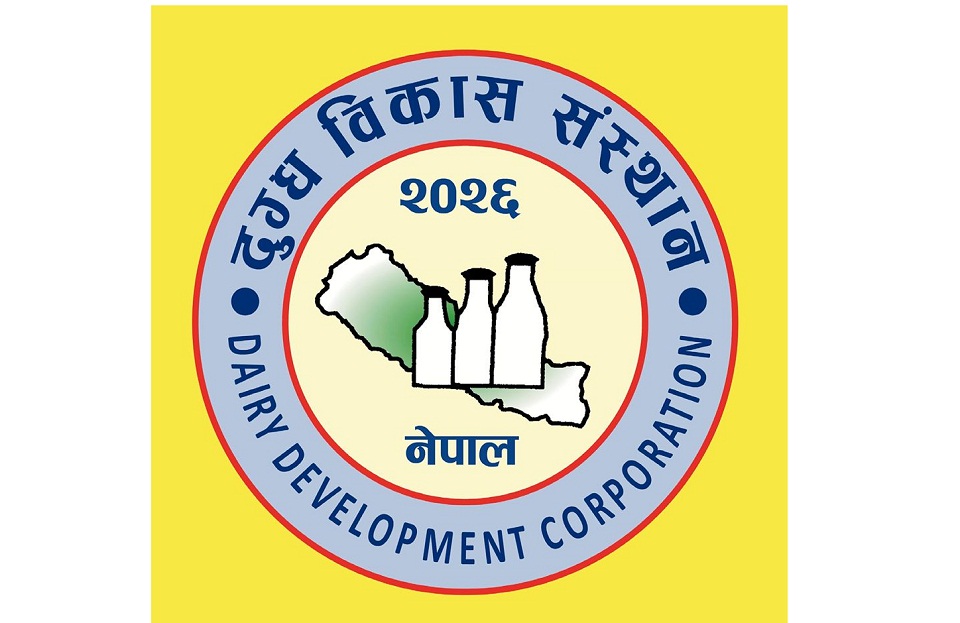
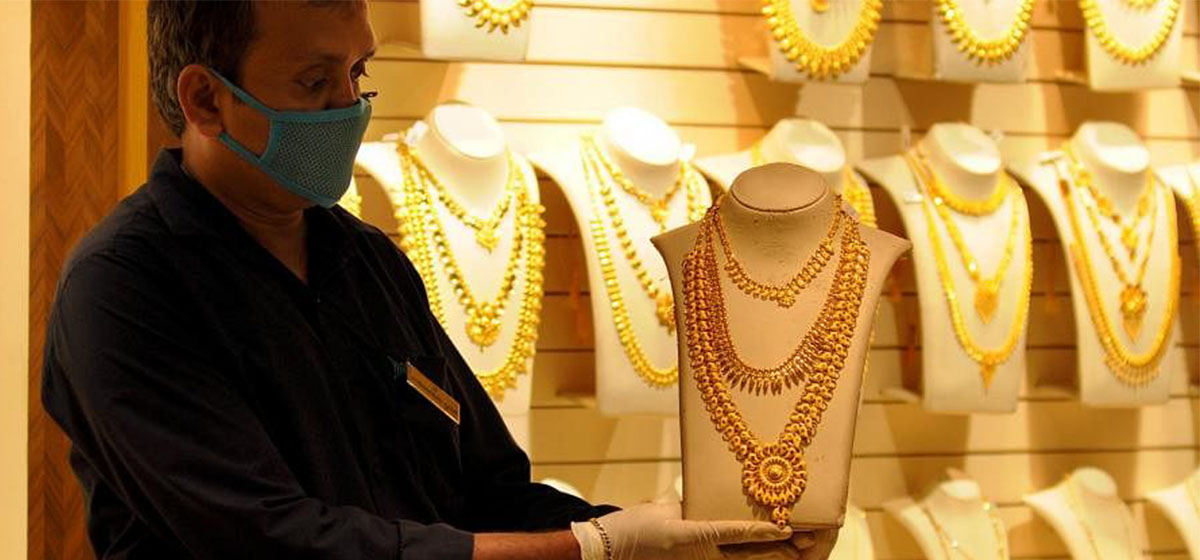
Just In
- Fake Bhutanese refugee case: SC orders continued pre-trial detention for seven individuals including former DPM Rayamajhi
- ADB Vice-President Yang pays courtesy call on PM Dahal
- PM Dahal, Chairman of CIDCA Zhaohui hold meeting
- MoFAGA transfers 8 under secretaries and 11 section officers (with list)
- PM Dahal arrives in Morang
- DDC pays Rs 480 million dues to farmers
- Police arrest seven Indian nationals with 1.5 kg gold and Rs 14.3 million cash
- Gold price increases by Rs 1,400 today








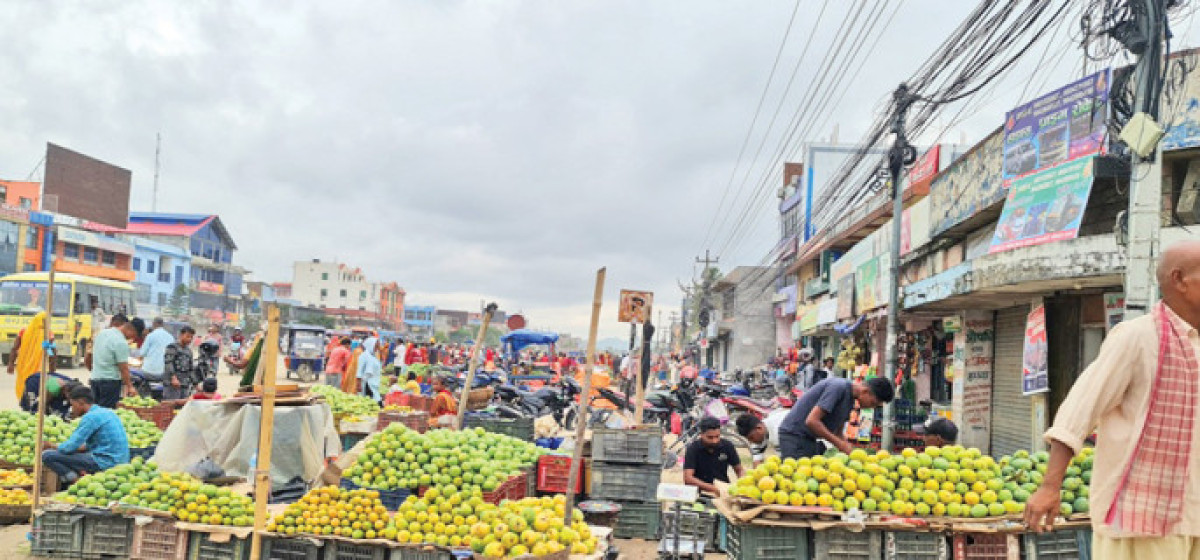
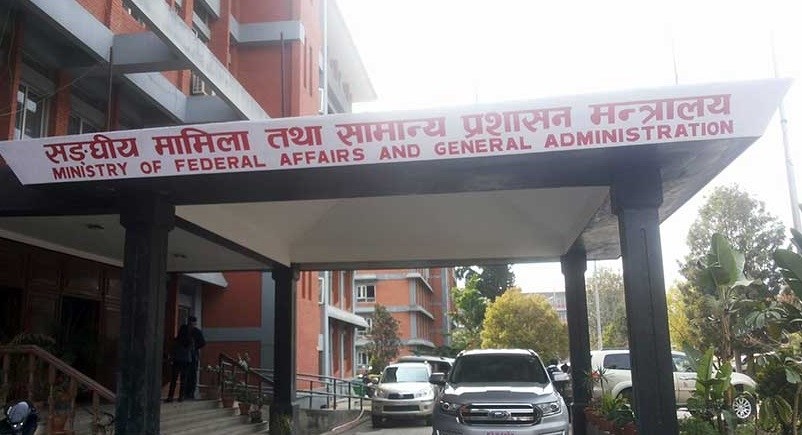

Leave A Comment